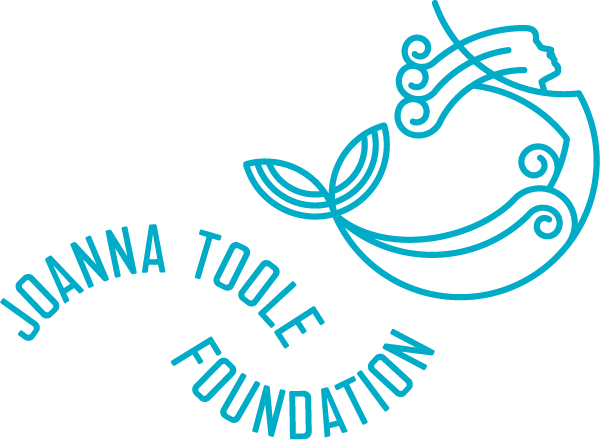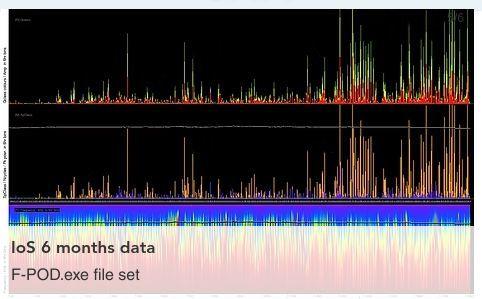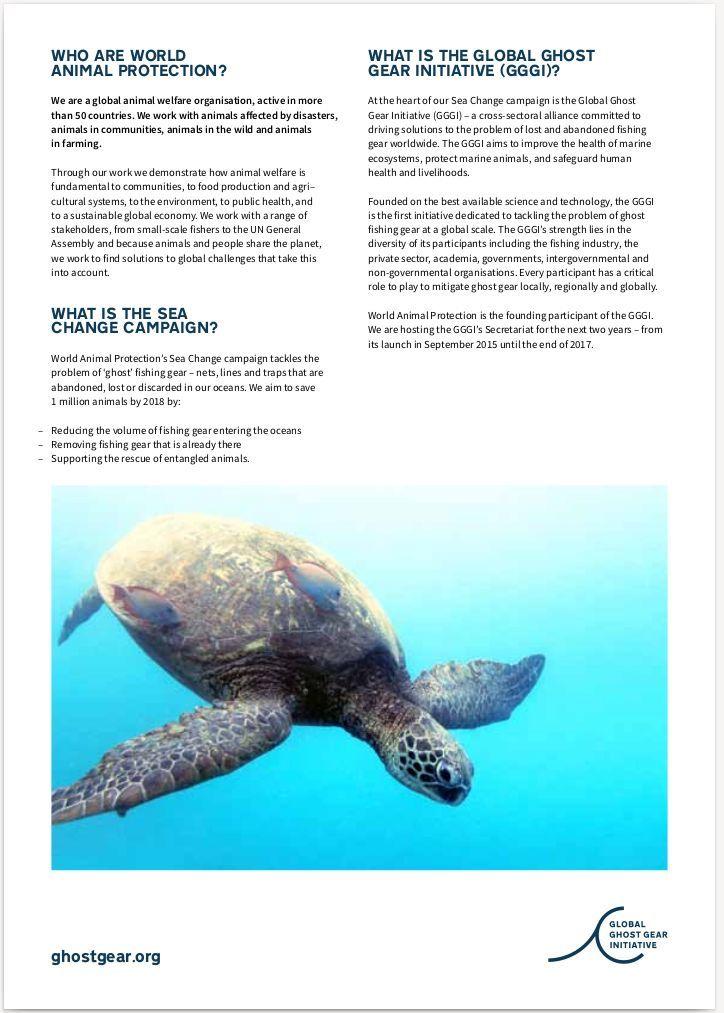Newsletter
Hello again from Adrian
In my November 2024 newsletter, I apologised for the delay of a year since the last one. This time the interval is only six months; I'd rather we kept in contact more regularly but at least nobody can complain that I'm deluging you with mails!
The main news last time was that we had concluded our 2024 grant round; I spoke to soon! One of our 12 grantees was Ethical Seafood Research with £15,000 to conduct primary research into the welfare issues of caviar production, an industry that exploits an estimated 35million sturgeon fish annually. Their Wasseem Emam had intended to investigate UK Sturgeon farms. This proved to be impossible since several firms that claimed to produce caviar from UK facilities in fact did no such thing. We worked with ESR to reconfigure their research efforts and they eventually got their grant only this month! We wish them all success.
Other Grantees have had a more productive few months however and, spread over several newsletters, I will share extracts of the reports they have already sent us.
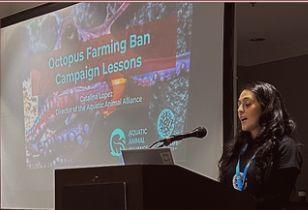
Field Reports - Aquatic animal Alliance
Aquatic Animal Alliance (Aquatic Life Institute) - £15,000 A global campaign to secure legal bans on octopus farming, as octopus farms present severe welfare issues in addition to broader ecological and public health concerns. Plans for Nueva Pescanova, set to farm up to 1 million octopuses annually, are stagnant and investments have been rescinded, as ALI's targeted outreach and advocacy have encouraged 2nd thoughts! ALI’s advocacy efforts also prompted the government to request a more comprehensive and rigorous environmental impact assessment, halting progress on the farm. ALI's team presented on the campaign at the Animal Law Conference in the US, the Animal Vegan Advocacy Summit, Fauna Connections, Animal law Latin American Congress and many more events to continue to raise awareness and foster collaboration. Our global campaign has been covered in over 30 media outlets, blogs, and podcasts, increasing Global awareness about the issue, as well as ALI’s role in this critical pursuit.
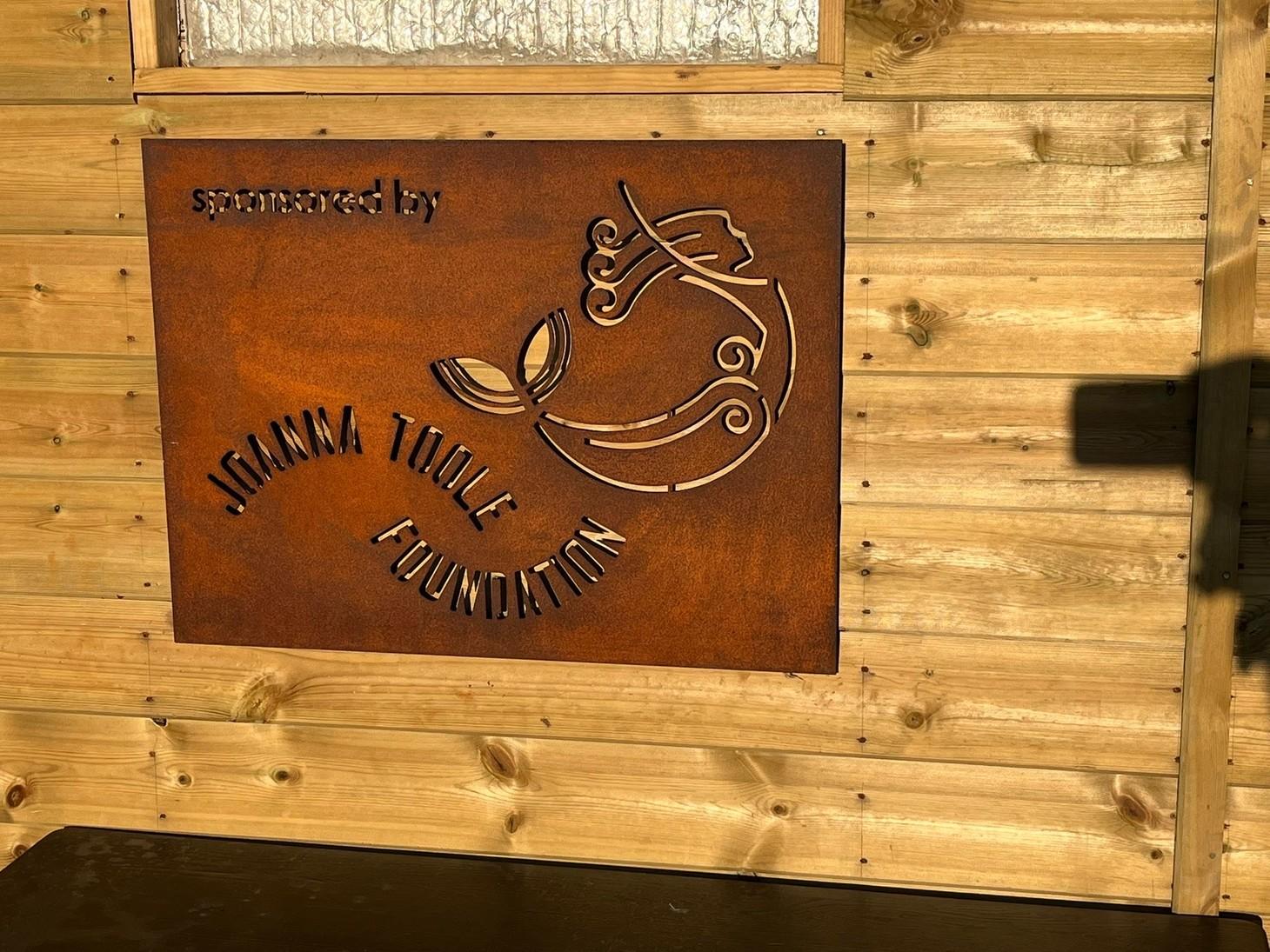
Field reports- BDMLR
British Divers Marine Life Rescue -£15,000 Meeting approximately half of the total costs to build a seal hospital facility in the Northumberland region to replace an existing temporary holding unit that is at the end of its current lifetime. The hospital holding facility near Morpeth is up and running. Your trustees are planning to hold our face-to-face meeting later this year close to Morpeth so that we can include a visit. Whereas we're not of course hoping to find the facility full of injured seals, maybe there might be just one recuperating!
Field reports- Centre For Animal Law Studies
Centre For Animal Law Studies -£7,500 Supporting a professor to develop and deliver course content to educate and train animal lawyers and other professionals to advance the welfare of marine fauna.
The grant supported our Aquatic Animal Law course, which is currently being offered in person during the spring 2025 semester and will be offered online in fall 2025. The course is the only one of its kind, focused specifically on aquatic animals. This past semester, the in-person course has offered 11 students an in-depth exploration of the ways in which the law addresses (or fails to address) aquatic animal welfare, both domestically and internationally. Topics have included the Animal Welfare Act and the Marine Mammal Protection Act, as well as state laws and global instruments. With this context, our students have engaged in critical dialogue on contemporary issues affecting aquatic animals, such as octopus farming, aquatic animal sentience, the rise of aquaculture, the ethics of using aquatic animals in research, and more. Hira Jaleel, a Visiting Assistant Professor who co-chairs the Wildlife Law Subcommittee of the American Bar Association’s Animal Law Section and has litigated key cases on behalf of animals in Pakistan, leads the course with deep insight and a global perspective.e ethical, environmental, and legal issues surrounding aquatic animals.
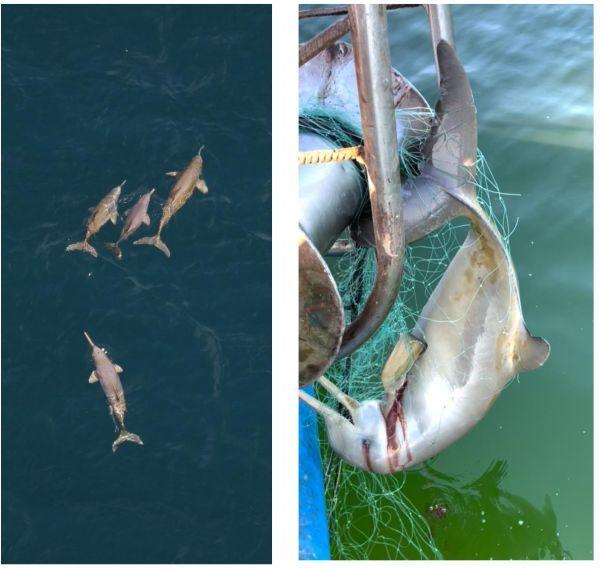
Field reports - Preventing Franciscana dolphins from being entangled in gillnets
Grupo de Estudos de Mamíferos Aquáticos do Rio Grande do Sul through the Environmental Investigation Agency (EIA) -£8,651. Working with fishing communities in Brazil to prevent highly endangered Franciscana dolphin from being entangled in gillnets.
This study aims to evaluate the effectiveness of a cost-effective and reproducible method. Upcycled air-filled plastic drink bottles will be assessed as a passive acoustic mitigation method to reduce franciscana and other dolphin species fisheries bycatch. The franciscana is the only extant member of the family Pontoporiidae. The species is endemic to the southwestern Atlantic Ocean waters of Brazil, Uruguay, and Argentina. Franciscana dolphins occur in coastal and estuarine habitats typically shallower than 50 m.
The franciscana is one of South America's most threatened cetacean species. Franciscana mortality in fishing operations, especially in gillnets and trammel nets, is believed to be unsustainable and has been recorded along all the species’ range for the last 70 years. The species is currently listed as Vulnerable on the IUCN Red List of Threatened Species and critically endangered by the Brazilian Government. Upcycled plastic 250 ml bottles are being tested as acoustic reflectors to enhance the acoustic backscatter of the nets and detectability by the dolphins. Bottles (empty but for air) are attached every ~50 m on the headline of bottom set trammel nets and gillnets (Fig. 3). Each fishing boat has two sets of nets (control = no bottles on the net, and treatment = plastic bottles attached to the net), and both sets are being used during each fishing trip. In addition, F-PODs (Chelonia Ltd. are being attached at the ends of the net of each vessel to record the acoustic occurrence of franciscana dolphins near the net in the presence/absence of plastic bottles.
Eight franciscana dolphins and two bottlenose dolphins were recorded as bycatch in the control sets and one franciscana dolphin was recorded in treatment sets. Catch per unit of effort (CPUE) was computed as the number of dolphins per fishing effort. Computed for both species together, this reduced by 88% from control to treatment. The GLM analysis showed a statistically significant negative effect on dolphin bycatch using plastic bottles. Target fish catch showed a non-significant increase in nets equipped with plastic bottles.
So this is very promising practical research and we wish Federico Sucunza and his team every success.
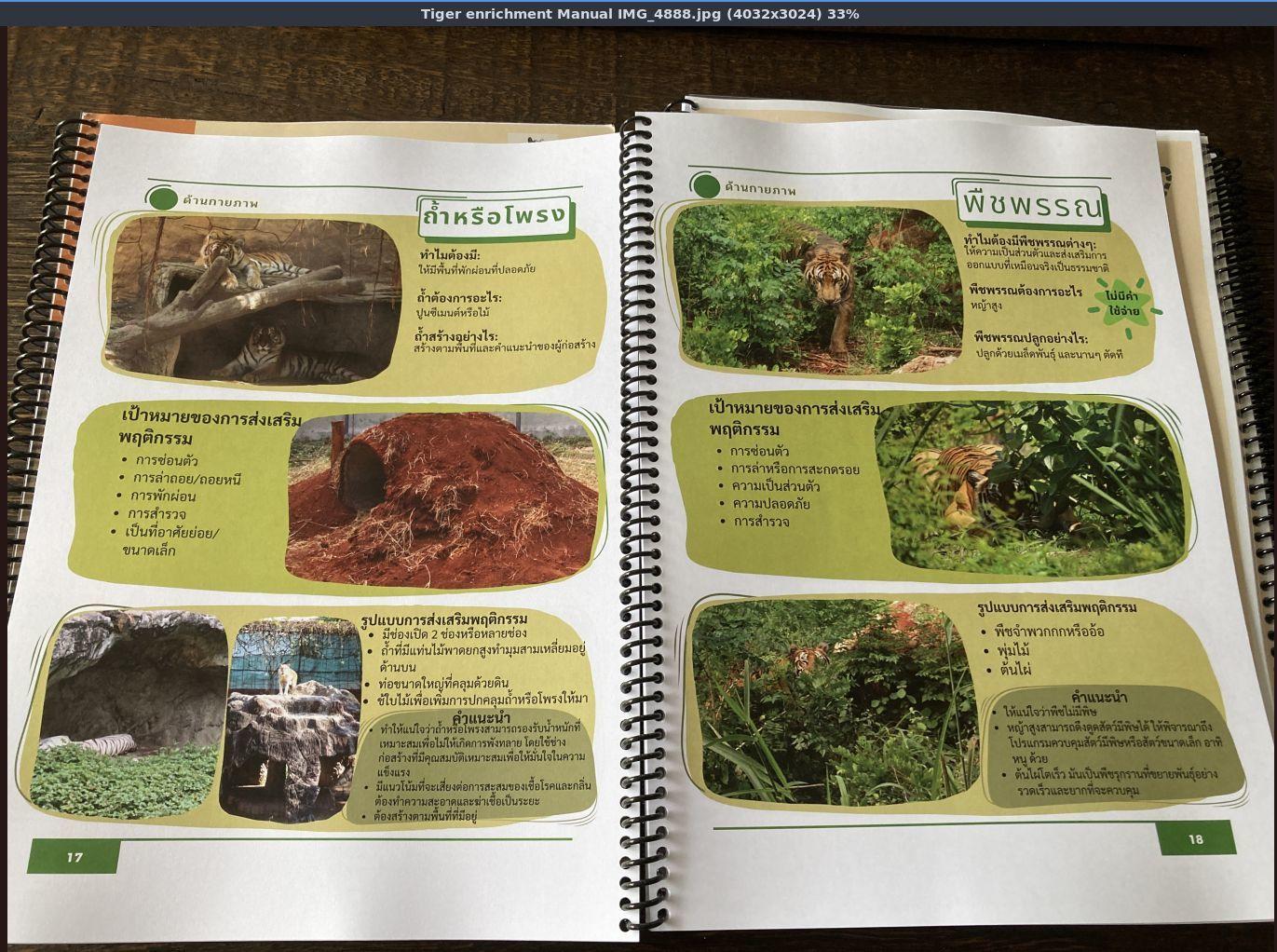
Field Reports - For Tigers
For Tigers -£4,650 Providing one year of funding towards a three-year project that will provide training and materials to Thailand's tiger tourism facilities to empower keepers with the knowledge and skills to improve welfare. It's well known that there are more tigers in captivity than in the wild. Domesticated? Hardly! Ill treated? Often!
For Tigers works in Thailand to improve welfare standards.
This year, we provided our first tiger enrichment workshop in Thailand. The purpose was to improve understanding and implementation of enrichment for captive tigers in a facility lacking this knowledge. Knowledge was increased and there was an attitude shift noted based on questionnaire results. First complete tiger enrichment workshop. Full workshop delivered complete with provision of enrichment manual. Improved knowledge by keepers and tigers were provided with more regular enrichment.
Our Grant to GGGI
Long-time supporters will know the Global Ghost Gear Initiative (GGGI) as a project close to Joanna’s heart. This was initiated by our Trustee Claire Bass and Jo when they worked for World Animal Protection back in 2015 in London. GGGI, now hosted by Ocean Conservancy in the U.S. are the world’s leading authority and activists on Ghost Gear elimination, counting 155 organisations as members. The Joanna Toole Foundation has supported the GGGI with grants for several years, following is the 2025 fruit of that collaboration:
From the GGGI April newsletter: We are pleased to announce the recipients of our 2025 Small Grants Awardees! This year proved to be the most competitive applicant pool yet with 35 applications from six continents. We look forward to seeing the success of these projects over the course of the year:
Joanna Toole Award: Instituto Ecomar (Maruhlo), “Breaking the Ghost Fishing Cycle in a small island in Brazil”
Joanna Toole Award: Tunisian Taxonomy Association and The University of Sfax, “ECO-GEAR: Empowering Communities and Optimizing the Code of Conduct for Ghost Gear Management in the Gulf of Gabès”
Blue Victoria, “Integrated Ghost Gear Cleanup and Sustainable Fishing Education in Lake Victoria, Tanzania” Wolf Fish Ltd., “Cleaning Cambodia’s Seas: A capacity-building and community-based ALDFG removal project”
We will have more information on these projects on the GGGI website shortly, so keep your eyes open for that. Funding for GGGI’s small grants program was generously provided by the Joanna Toole Foundation and the Government of Norway.
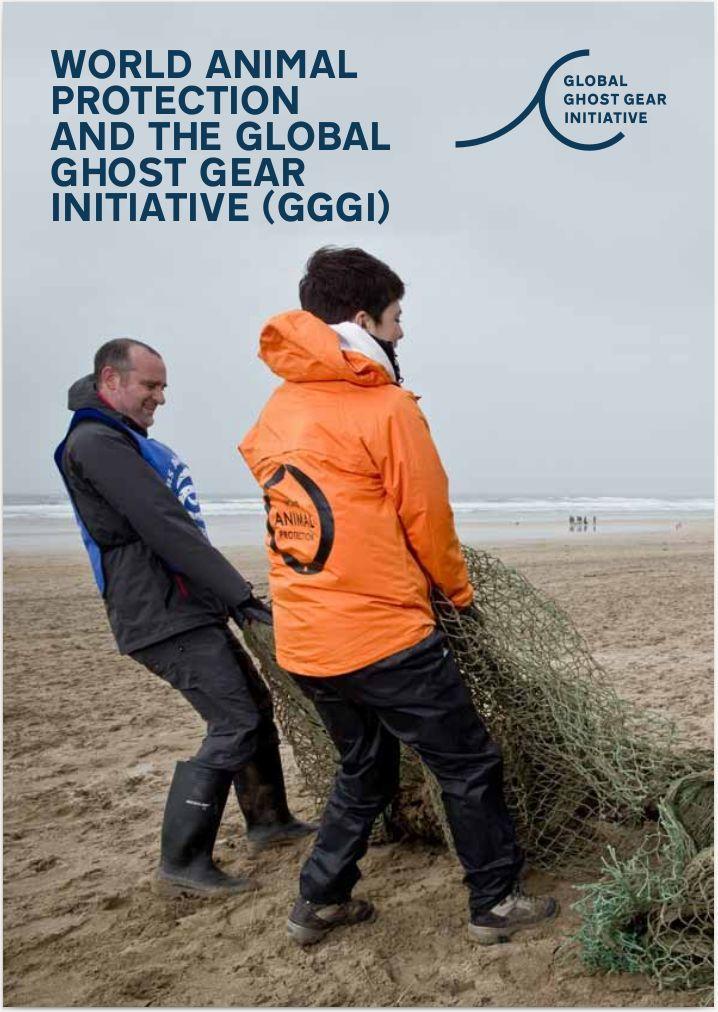
More on GGGI
With GGGI now 10 years old and going from Strength to Strength, I thought you (and those in the photo), would like to see a publication from the early days:
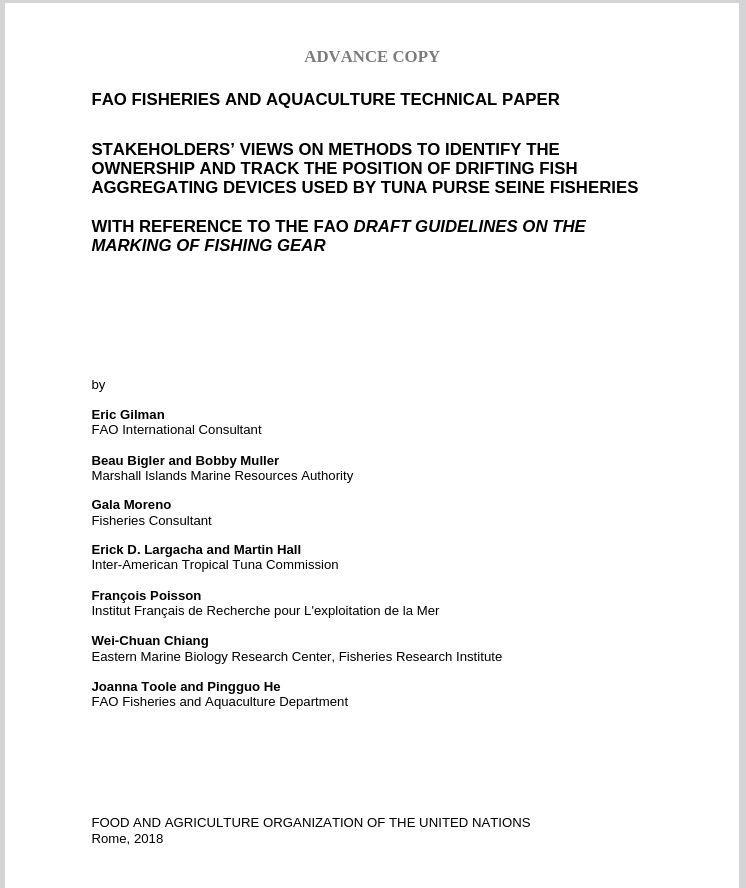
And Finally
Trawling (no pun intended) through the archives, I was reminded of how later in her career, Jo built on her involvement with GGGI to continue with the same work for the United Nations Food & Agriculture Organisation (FAO) in Rome. Following is the credits page from a publication she worked on for them:
